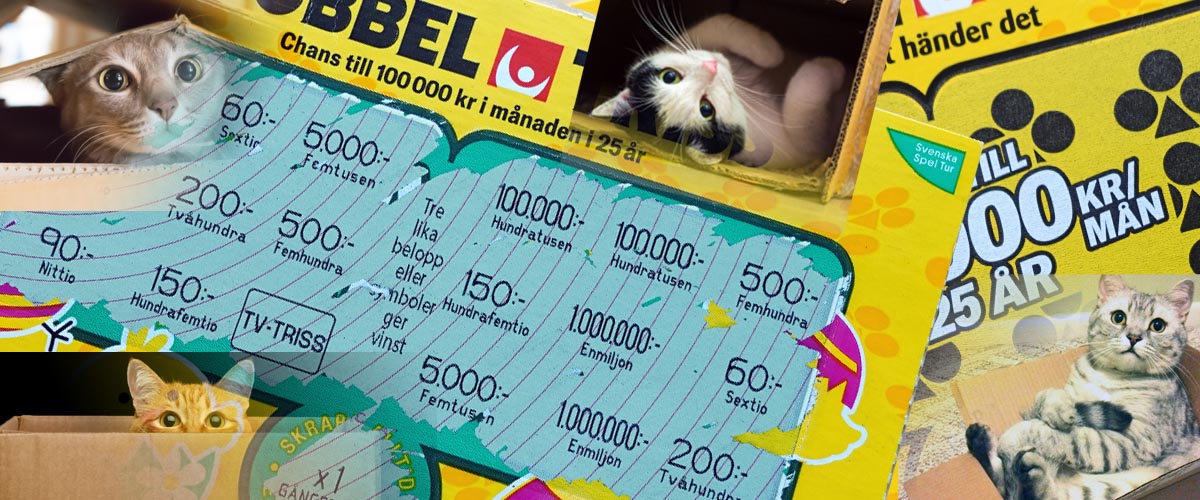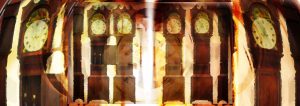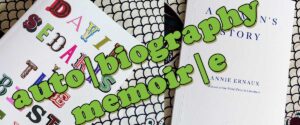Looking through my 2024 journal for something unrelated, I found my Schrödinger’s scratch card from last Easter. Scratched. I’d won SEK 60 and hadn’t cashed it in. SEK 60 is about £5 or $6. It’s not a fortune, but it’s the value of a new lottery ticket.
The card wasn’t past its redeem before date, so I took it to my local lottery kiosk and swapped it for a new, unscratched one. Tucked the new card into my current journal, and basked in dreams of wealth.

Schrödinger’s lottery ticket
Schrödinger’s?
Well, obviously, until I scratch it, it could be worth a lot of money. The top prize pays out SEK 100,000 every month for 25 years – or SEK 30 million. It’s not riches beyond the dreams of avarice. (Avarice has expansive dreams these days). But it would see me very comfortably through to the end. Or it might hold a lesser prize – the price of a new ticket at the least. Or it could be worth nothing. Not even the price of a dead cat.
As long as it remains unscratched it’s latent. So, it’s a Schrödinger’s ticket.
I’ll keep the ticket and keep hope alive, and I’ll scratch it at an auspicious moment. (I’m only superstitious when it suits me.) Probably it’s worth nothing, but in Schrödinger’s thought experiment, with every day that passes and the cat stays in the sealed box the chances it’s still alive decrease. With my ticket, the chance of a win remains constant till the day it passes its redeem before date. I think it’s a better deal.
Chris Bunting
I knew a gambler once. A successful gambler. Chris Bunting was an old man when I knew him, (though, thinking about it now, he was probably younger than I am today). Thin as a whippet, with a nose like an ice pick. In his late fifties or early sixties. He lodged in the service flat above the antique shop where I worked in my first job after I left school.
Chris came from the Midlands and had been a precision engineer till a works accident took off his right leg at the knee. He had a disability pension, but he put the gilt on his daily life by playing the horses.
‘Real gambling,’ he called it.
Chris knew horses and he knew racecourses. For a period of his life he’d worked as a racecourse tout, a tic-tac man, gleaning information and passing it to the bookmakers across the course by sign language.
I got into the habit of opening up the antique shop in the morning, checking the stock, and then brewing up a pot of tea in the back room. I’d call up the stairs to Chris when it was ready.
“The only people who win – who win consistently,” Chris told me, marking his betting slips over our morning tea. “They’re the ones running the games. Me, I play the odds. I do the maths, I use the knowledge, I come out even. On good days I come out ahead.” (A thin-lipped smile under his nose.) “But the betting firms are the ones that make the big money. And the punters having a flutter, well, they’re the mugs.”
Property developers
Chris respected successful poker players. ‘They can really do the maths. And they can read the people they’re playing against.’ But he was a socialist when it came to stocks and shares. ‘Stockbrokers? Bunch of crooks. Jumped up barrow boys. They’re as bad as landlords.’ Landlords were the worst. ‘Don’t get me started on landlords! Or—’ (practically spitting) ‘property developers!’
What he’d have made of the world of today, I don’t know. A property developer in the White House. But I’m pretty sure he’d look down his long nose at my Schrödinger’s lottery ticket. Scratch cards and lottery games aren’t real gambling. They’re random (if they aren’t fixed). You can’t do the maths – or if you do, you realise how much the odds are against you.
‘Stay away from it, John. It’s money down the toilet. I thought you were smarter.’
Clearly not.

Note
Schrödinger’s thought experiment known as Schrödinger’s Cat, is more complicated than I thought. See here in Wikipedia. However I still think the odds of the cat continuing to be alive decrease for every hour it remains in the box without any food. Not to mention that, in fighting to get out of the box, it would surely break the bottle of poison before any Geiger counter detects radiation decay.




